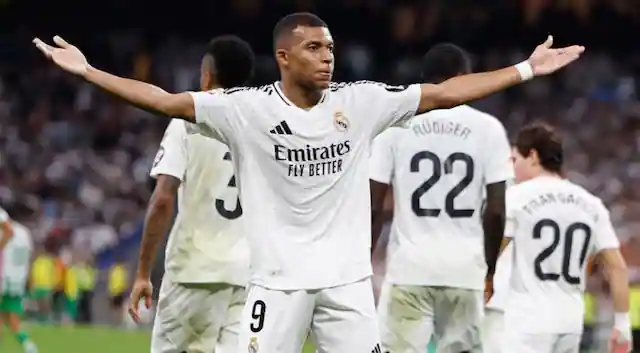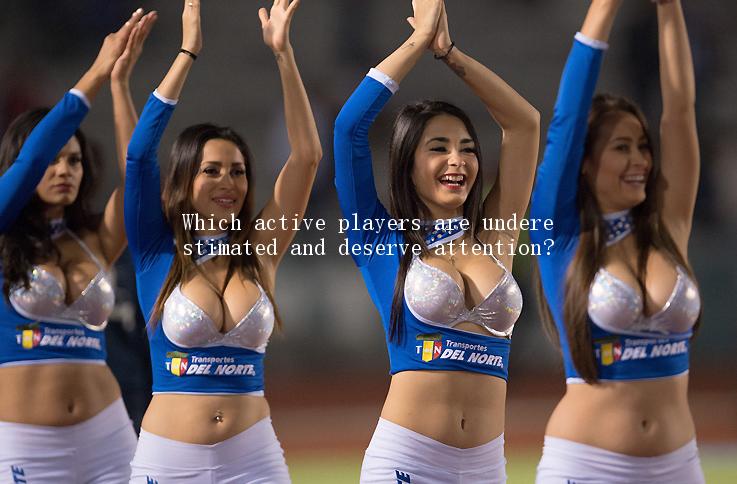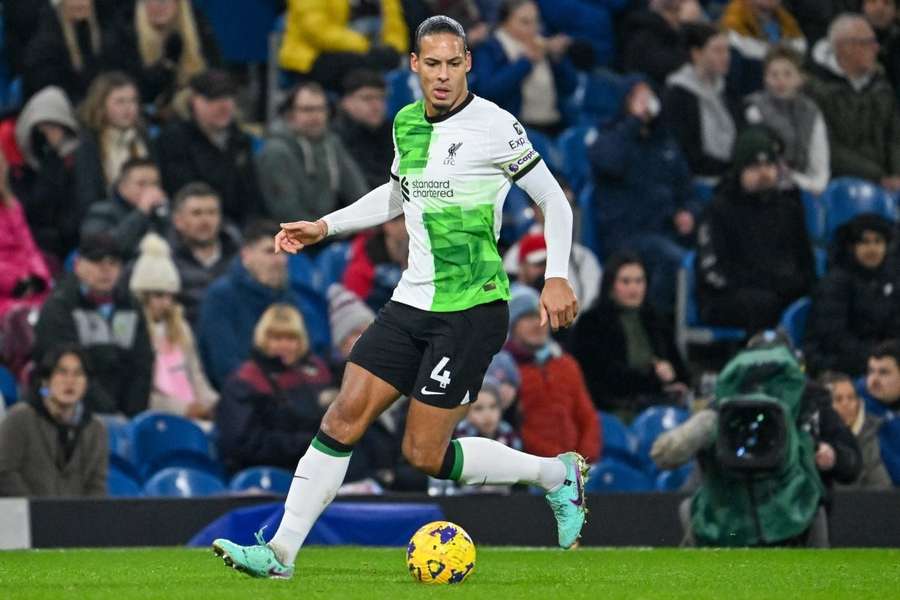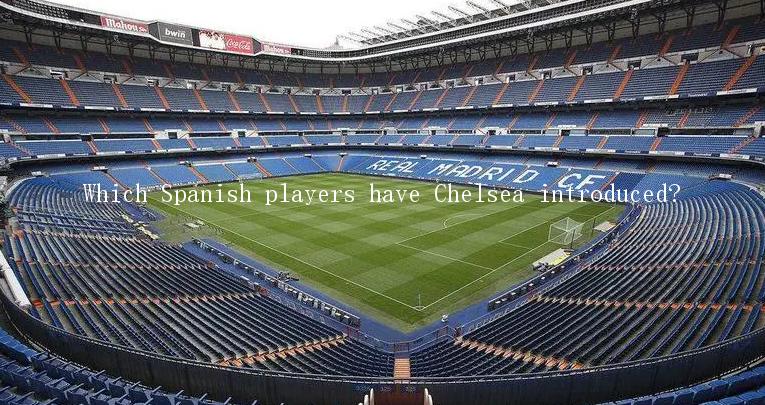Man Utd's Defensive Reinforcements: The Impact of Matthijs de Ligt and Noussair Mazraoui on Erik ten Hag's Squad

This summer, Manchester United had two key objectives in strengthening their defense: To bolster their toughness, particularly in one-on-one battles, and to shift the overall dynamic of the back line.
The coup of ousting Real Madrid to land Leny Yoro added extra athleticism, aerial threat and a technical ball-winner tipped to develop into one of the premier centre-backs in the game.
The teenager suffering a fractured metatarsal in the opening pre-season game of the US tour was hugely unfortunate, but United have signed him for the long term, not just the first few months of the season.
Even before that setback, the club intended to add at least one more option in the heart of defence - which was ravaged by injuries last time out - but also lacked balance and progressive attributes.
Matthijs de Ligt had been proposed to Erik ten Hag - who wanted him in his first summer at Old Trafford - by United's recalibrated recruitment team as a target to raise their physical and technical ceiling; the man to dominate defensive duels.
TrendingThe composed stopper is viewed as a good foil for the aggressive, instinctive Lisandro Martinez; balance on the right and left, but also in approach.
At 25, De Ligt's scale of experience in different environments of high expectation, natural leadership and his ability to implement Ten Hag's style of play made him appealing.
There is a feeling his strengths were not maximised at Bayern Munich, who have been in flux, and that his profile plus attitude will be a boost to United.
Perhaps the most instructive move to showcase the change of dynamic is switching out Aaron Wan-Bissaka - a one-vs-one defensive specialist - for the highly-technical, two-footed Noussair Mazraoui.
Also recruited from Bayern, he can cover both full-back positions, is press-resistant and better suited to building play.
Mazraoui - effectively paid for by Wan-Bissaka's exit to West Ham - was one of the key cogs of Ten Hag's successful Ajax side, where he helped bring out the best of Antony's game.
There will be natural cynicism that this continues United's policy of buying who the manager is familiar with rather than building towards a club identity.
The counter will be that, by adding progressive players that offer a varied dynamic, United are actually recruiting for the game model they are committed to.
The difference is that Ten Hag is not driving recruitment, as was the case before the new football leadership team was in situ.
Targets have been proposed to him based on their suitability to the style of play, their availability on the market and the opportunity to actually get a deal over the line - financially and logistically.
Victor Lindelof could still leave before the window closes and the addition of a left-sided defender remains open.
United have been more proactive and methodical in their recruitment this summer, but there is still work to do beyond the rearguard - especially in midfield.
RELATED STORIES
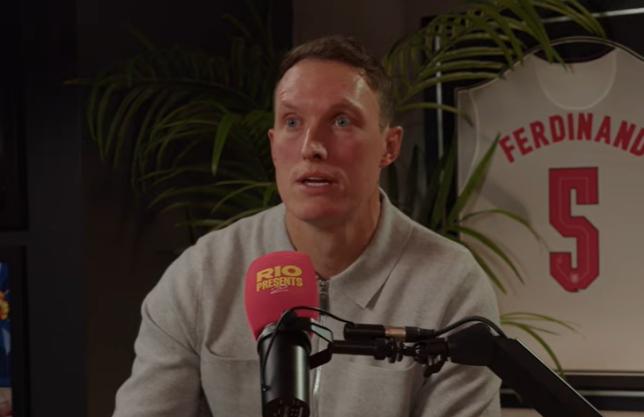
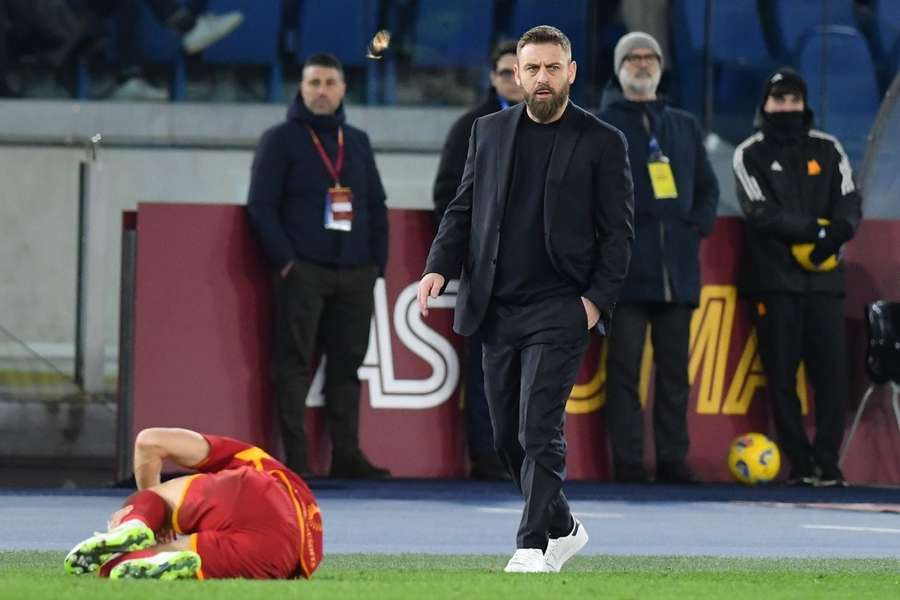
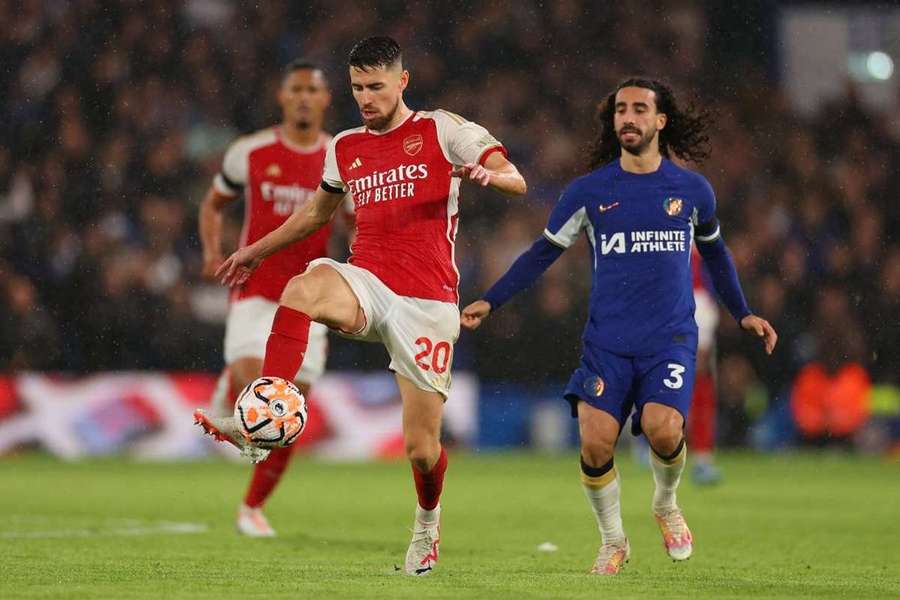
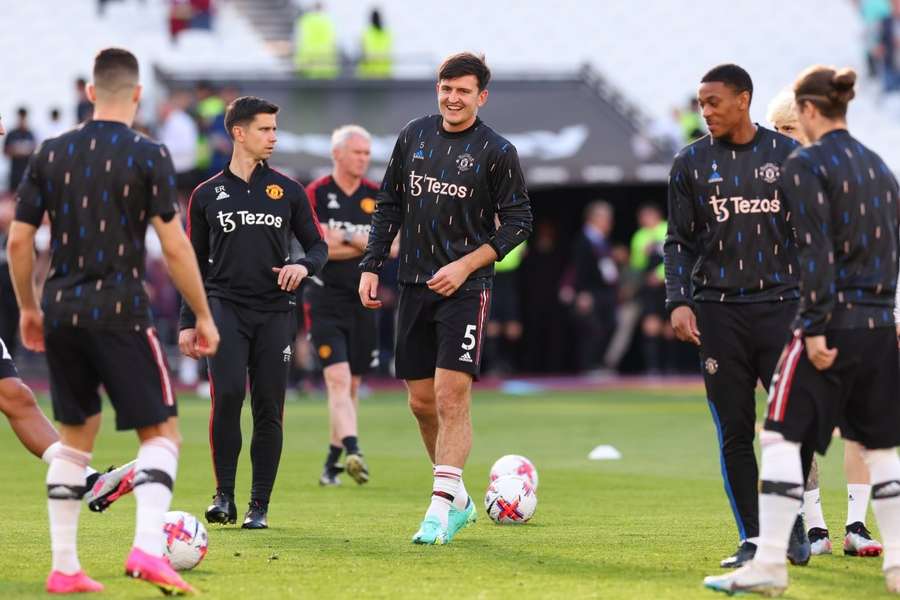

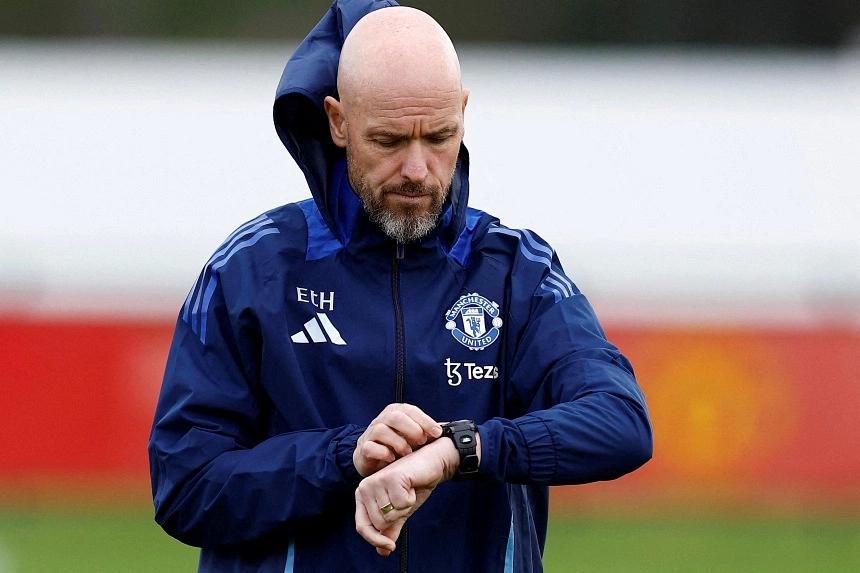
LATEST NEWS


